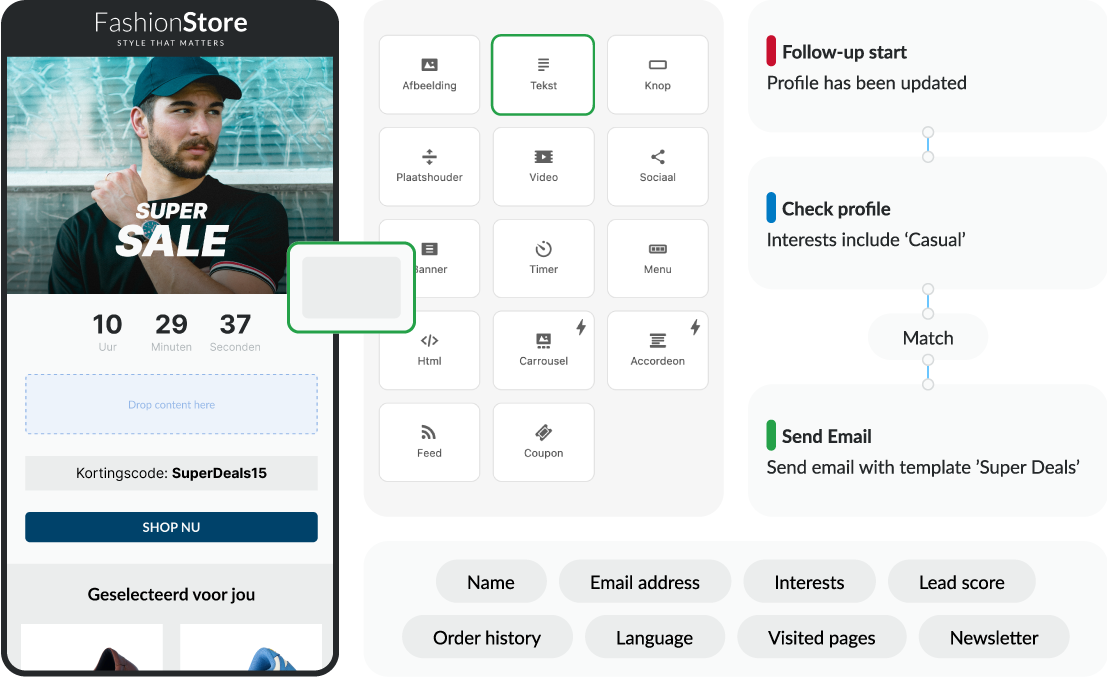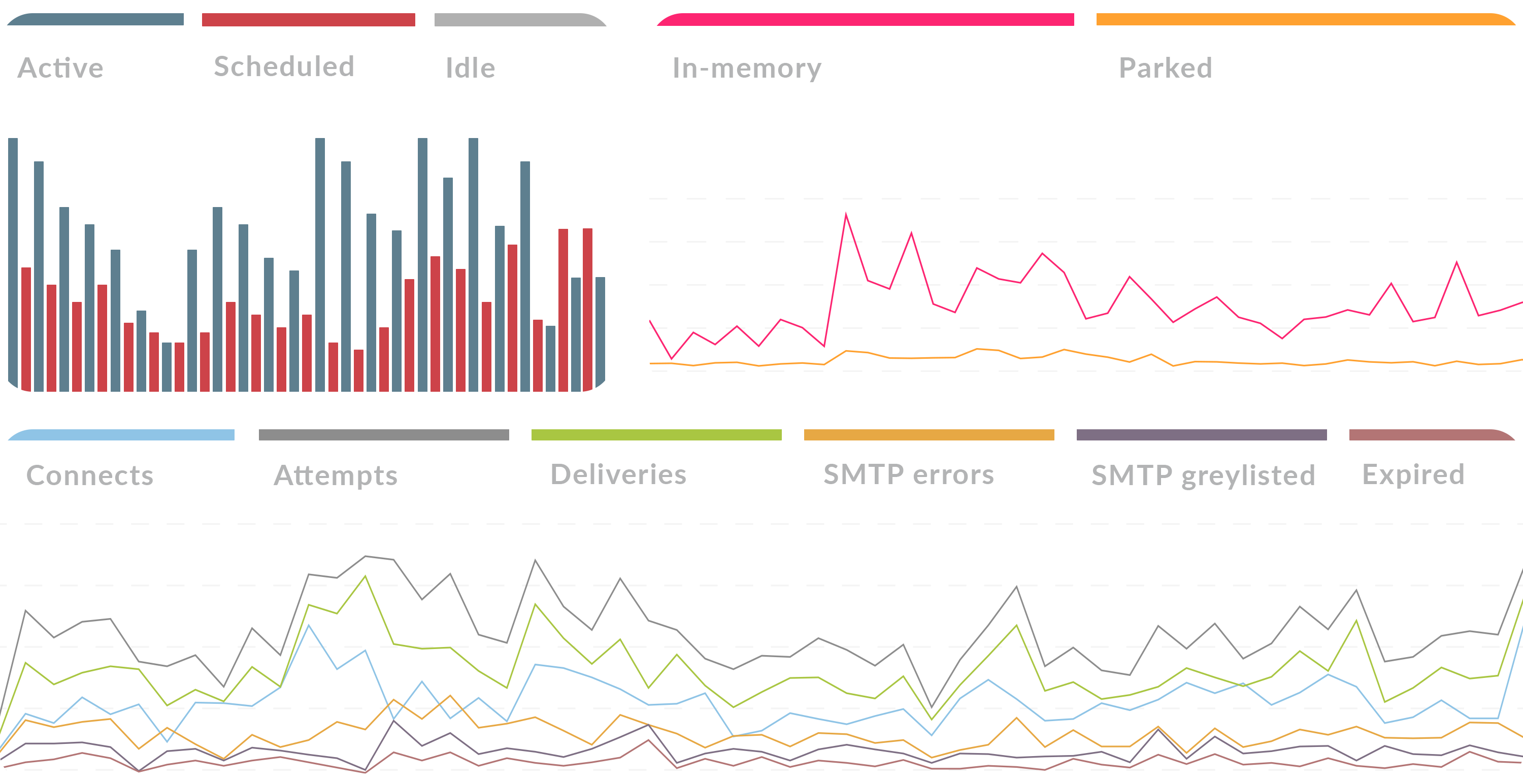Powerful email marketing solutions
Deliver the right message to the right recipient at the right time
Email marketing & automation tool
Preferred by marketersAn email marketing software platform designed to help businesses and marketers send emails and manage and optimize their marketing campaigns effectively.
Discover more

Flexible & fast MTA
Preferred by ESPs & e-commerce platformsAn on-premise Linux-based Mail Transfer Agent (MTA) for delivering large volumes of email.
Discover moreCloud-based email service
Preferred by marketers & developersA cloud service to optimize your outgoing emails with authentication, statistics and improved deliverability.
Discover more

Free 24/7 operational support

Support & trainings in Dutch and English

No hidden costs

Based in Amsterdam, the Netherlands
How can we help?
Please let us know if you have any questions about our services.
Supported by over 300 partners
Ready to help you with campaign management, professional html templates and more.
Learn more




Featured articles
Will you be our new Allround Marketeer?
Copernica is looking for an experienced marketeer with a hands-on mentality. Are you creative and are you up for a challenge?

Copernica organizes exclusive knowledge event
5 April 2024

Setting up SMS campaigns within Marketing Suite
11 March 2024
You will receive product updates and interesting articles.
